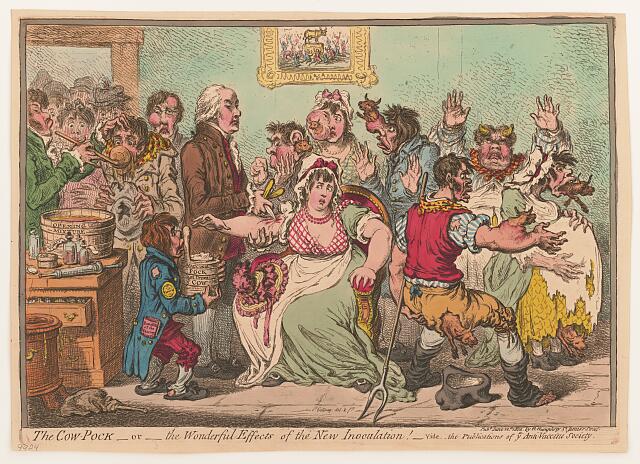
Misinformation and disinformation about health and healthcare is never “old news” and must be challenged repeatedly using a variety of strategies and tools.
That was one of the key messages to emerge from a World Medical Association virtual panel discussion featuring a panel of international experts who made it very clear that the spread of false information about health and healthcare whether done maliciously or not is a major global threat.
Speakers at the virtual session were:
- Dr. Natalia Solenkova, a critical care physician and moderator of the panel. Dr. Solenkova is a prominent advocate for vaccination with a strong social media presence.
- Katie Owens, an information and communications officer for the European Commission.
- Siddhartha Shankar Datta, a regional adviser on vaccine-preventable diseases to the World Health Organization regional office in Europe.
- Dr. Natalia Pasternak (PhD), a Brazilian microbiologist and prominent pro-science advocate in Brazil. She currently teaches science for policy-making at the School of International Relations and Public Affairs at Columbia University.
- Dr. Osahon Enabubele, a family physician and past president of the World Medical Association and the Nigerian Medical Association
While panelists focused on the spread of mis- and disinformation during the COVID-19 pandemic they stressed how the phenomenon has existed long before COVID-19 and has infiltrated all areas of healthcare from cancer to mental health. Each speaker was careful to differentiate between misinformation intended to deliberately spread false information and disinformation in which relaying incorrect information is not intentional.
In her introductory remarks, Dr. Solenkova noted the global spread of misinformation and how some physicians and other health care provides have contributed significantly to this spread. She also noted how the growth in the number of published research articles contributing to misinformation has documented by the growing number of retractions of articles.
In her presentation, Owen noted how a small, but vocal and coordinated group of individuals spread misinformation and sow “fear and uncertainty” across a variety of topics from vaccines to climate change, migration and health and the Russian invasion of Ukraine.
Owens documented the impressive number of steps the European Union has taken against mis- and disinformation in healthcare noting the need to find a balance between countering incorrect information and allowing free speech.
She noted that when challenging misinformation “prebunking” through education and information is often more effective than “debunking” false information that is already circulating. She talked about the importance of communicating at the right time, using appropriate language, on the most used channels, using trusted messengers. Owens and other panelists also talked about the value of networks and collaborative approaches.
Datta discussed the complexity of the journey to vaccination and how dealing with the issues involved is not linear. He said the demand for vaccines and acceptance of vaccination is multifactorial and context specific – depending on time, location, and the vaccine involved.
In common with other speakers, he stressed the importance of physicians and other healthcare providers as being trusted sources for information on health issues and how their interaction with patients or caregivers is critical in getting vaccines accepted.
“Parents desire consistent and accurate information about vaccination benefits and safety presented clearly and in simple language, conveyed in a respectful and positive manner,” Datta said.
Marginalized and underserved communities are often reached last when it comes to providing official information on vaccines and other health interventions and this means those promoting misinformation will often reach them first. Complex and locally designed interventions and community leaders and micro-influencers are effective, he said.
Dr. Natalia Pasternak discussed her work with the Instituto Questão de Ciência, a non-profit organization in Brazil dedicated to the promotion of scientific and critical thinking and the use of scientific evidence in public policies.
“We are trying to bring science into policymaking by engaging by government members and medical associations,” she said, in addition to providing courses for physicians and healthcare workers and journalists.
She discussed her 9-hour deposition against then Brazilian president Jair Bolsonaro (who warned the COVID vaccine can turn people into crocodiles) and learning how difficult it is to speak to different publics in a polarized, political environment.
“Scientists need to be more capable of speaking to politicians. We have to be there. We have to provide them (politicians) with tools to make better decisions,” Dr. Pasternak said.
She also talked about working with the Brazilian Society of Pediatricians and how many pediatricians were concerned they did not have the proper information or training to communicate about vaccine safety. “Physicians want this training and someone should be providing this training,” she said. During pandemic people started questioning all vaccinations – got pediatricians “really, really worried” that they don’t know what to say to these parents and that they required training
